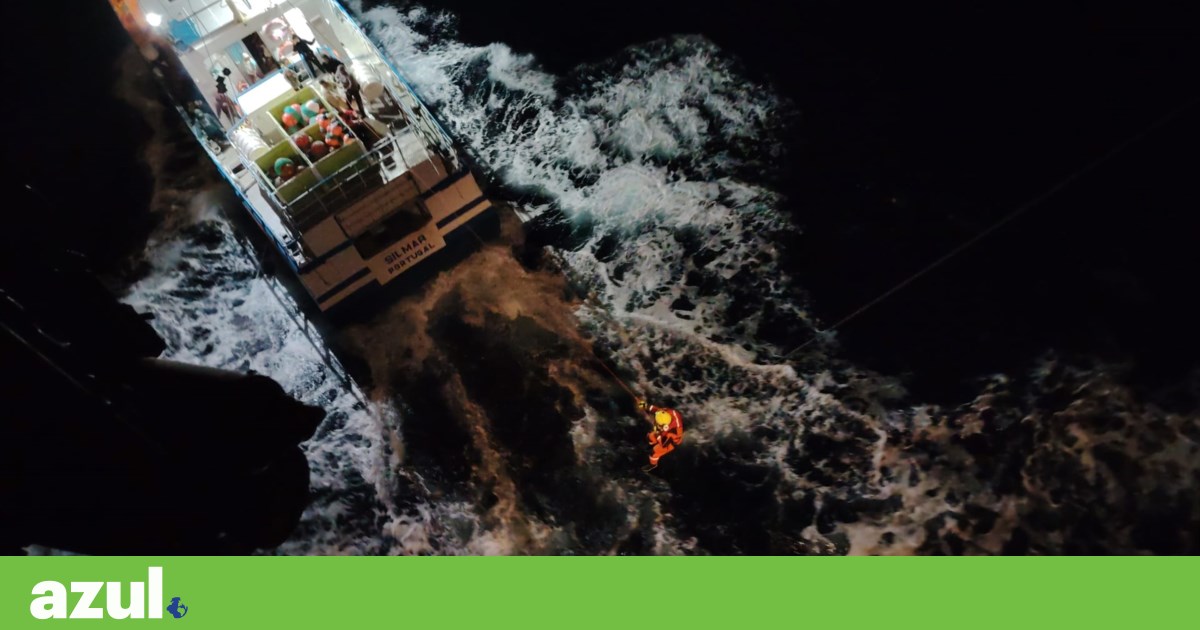Five Rescued After Sailboat Sinks Following Orca Interaction
Five people had to be rescued this Friday after the sailboat they were on sank following an interaction with orcas about 90 kilometers off the coast of Peniche. The search and rescue operation was handled by the Portuguese Navy.
The Incident Unfolds
The incident occurred late Friday afternoon, October 10th. A Portuguese woman, a man, and three French children were aboard the sailboat TI’FARE, sailing 45 nautical miles (equivalent to about 90 kilometers) from the coast, when they were surprised by a group of orcas and requested help from the Lisbon Maritime Search and Rescue Center via radio.
Contact with the animals resulted in water entering the vessel, leading to the subsequent sinking of the sailboat, as explained by the same branch of the Portuguese Armed Forces.
Swift Rescue Operation
"Several means from the Maritime Search and Rescue device were immediately activated to provide a rapid and effective response. Involved in the rescue were the frigate D. Francisco de Almeida, the fishing vessel SILMAR, a boat from the Peniche Lifeboat Station, and the EH-101 helicopter from the Portuguese Air Force," detailed the same source.
When authorities arrived at the scene, and since the boat was sinking, the crew had already transferred to a life raft and were transported by a Portuguese Air Force helicopter to the Montijo base, where they received medical support from INEM.
"Later, they were all transported to a hospital unit," concluded the Navy in a statement. The health status of the adults and children is currently unknown.
Rising Trend in Orca Interactions
This incident off Peniche adds to others that have occurred along the Portuguese coast in recent weeks. There are dozens of incidents per year. One of the most recent happened on September 13th off Costa da Caparica. That vessel also sank.
In 2023, the Institute for Nature Conservation and Forests (ICNF) prohibited maritime-tourism vessels from actively approaching groups of orcas to avoid these incidents.
This behavior of the animals continues, however, to become increasingly frequent throughout the Iberian Peninsula. Scientists do not believe it is aggressive behavior intended to intimidate, but the causes are still under study.














Comments
Join Our Community
Sign up to share your thoughts, engage with others, and become part of our growing community.
No comments yet
Be the first to share your thoughts and start the conversation!